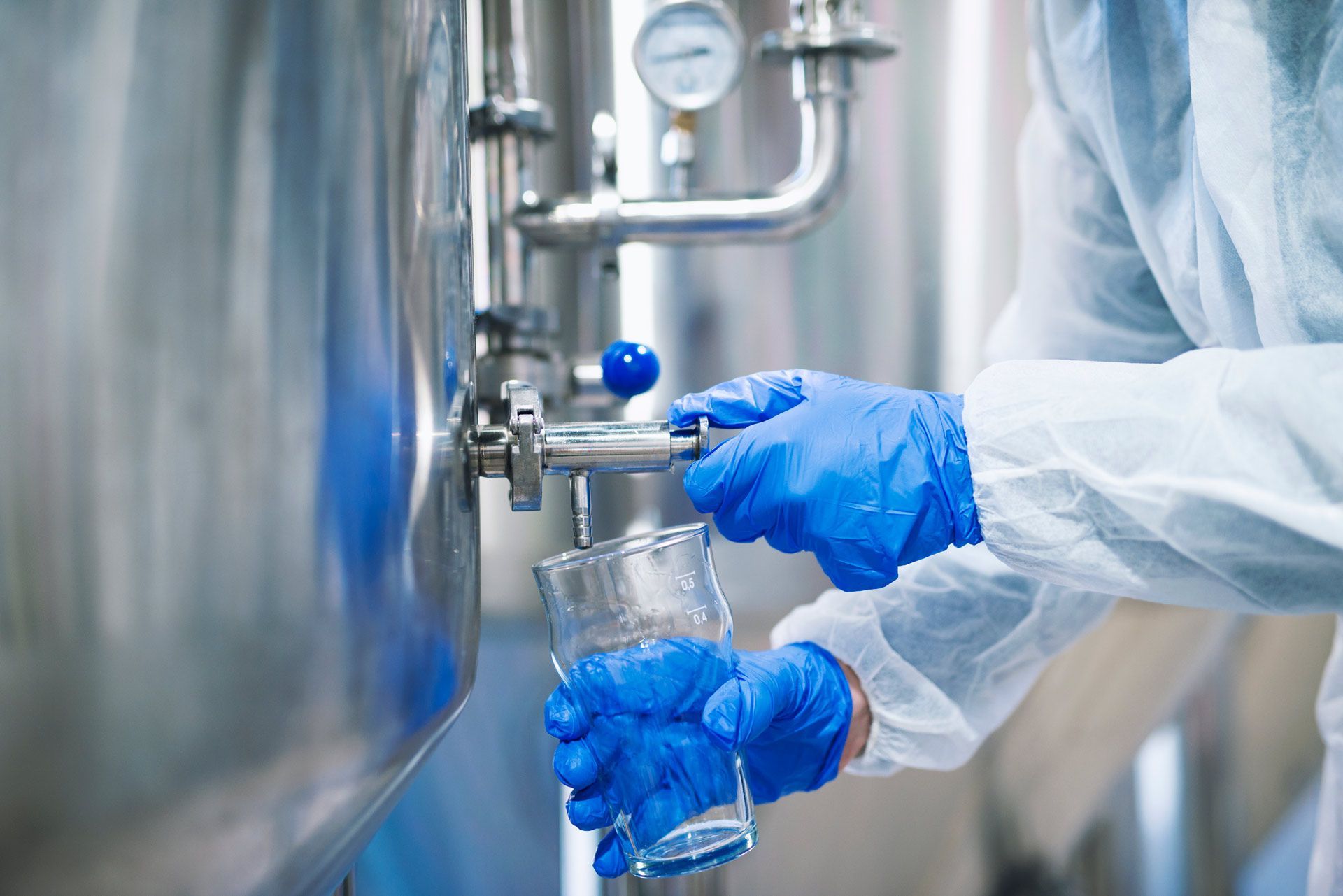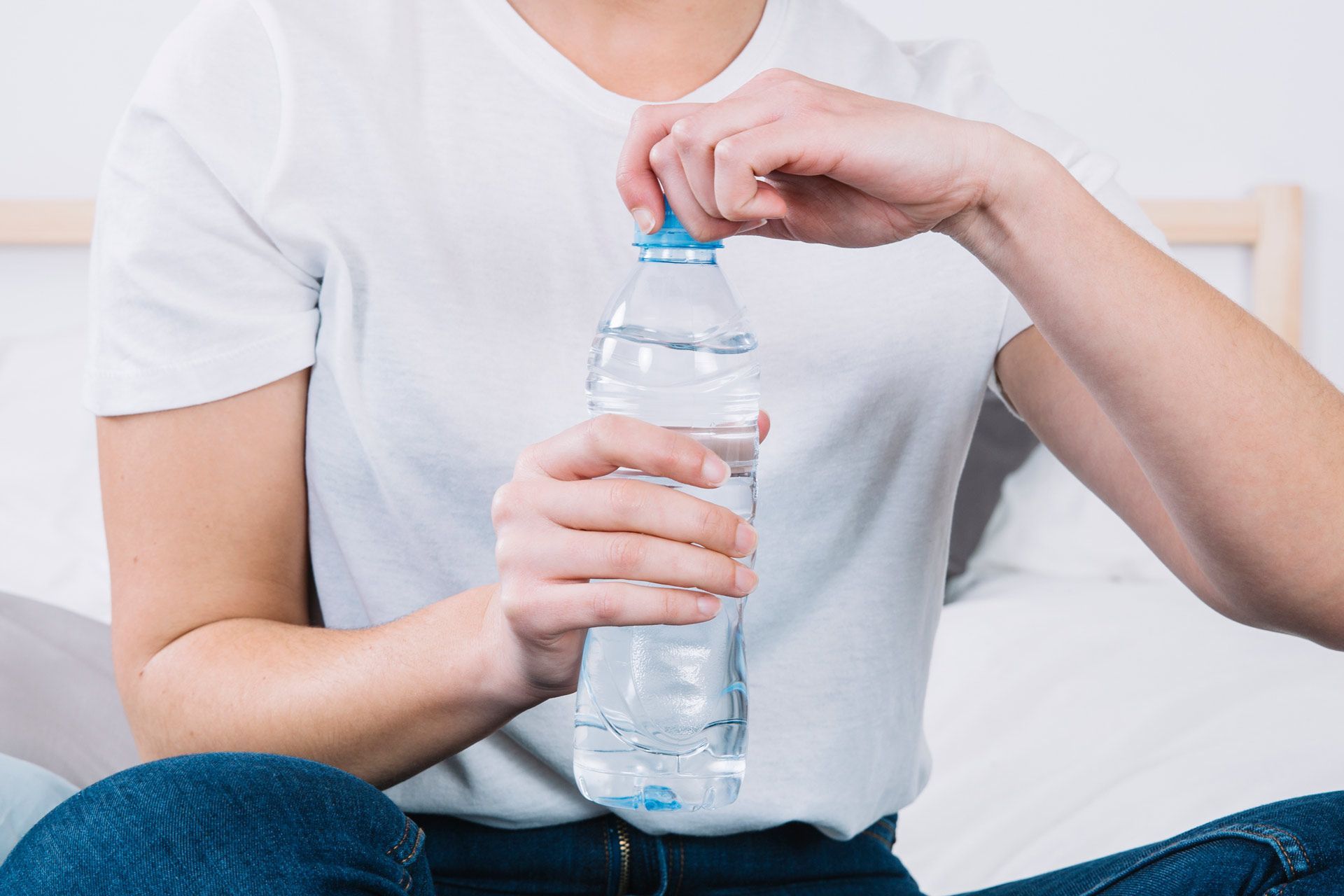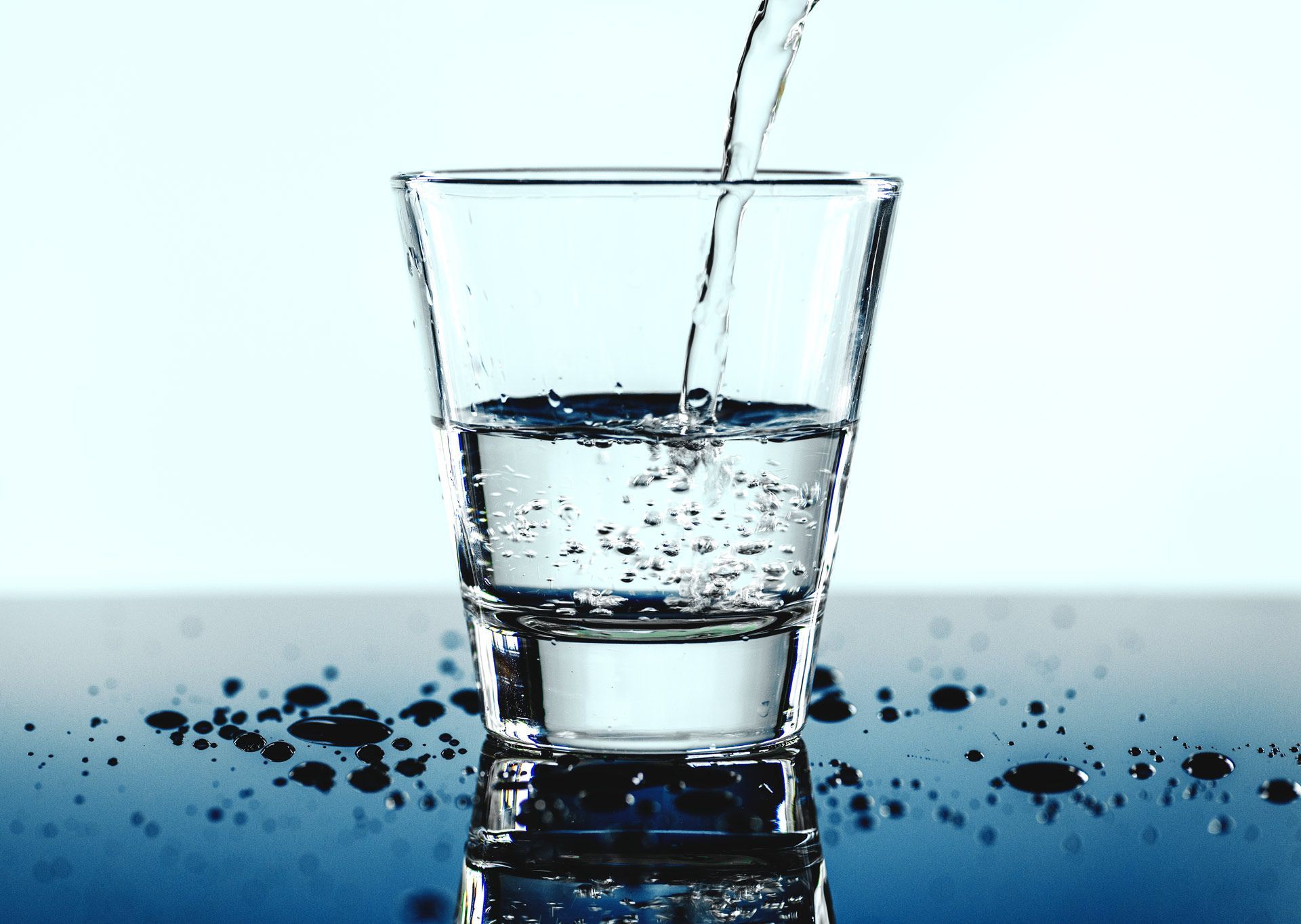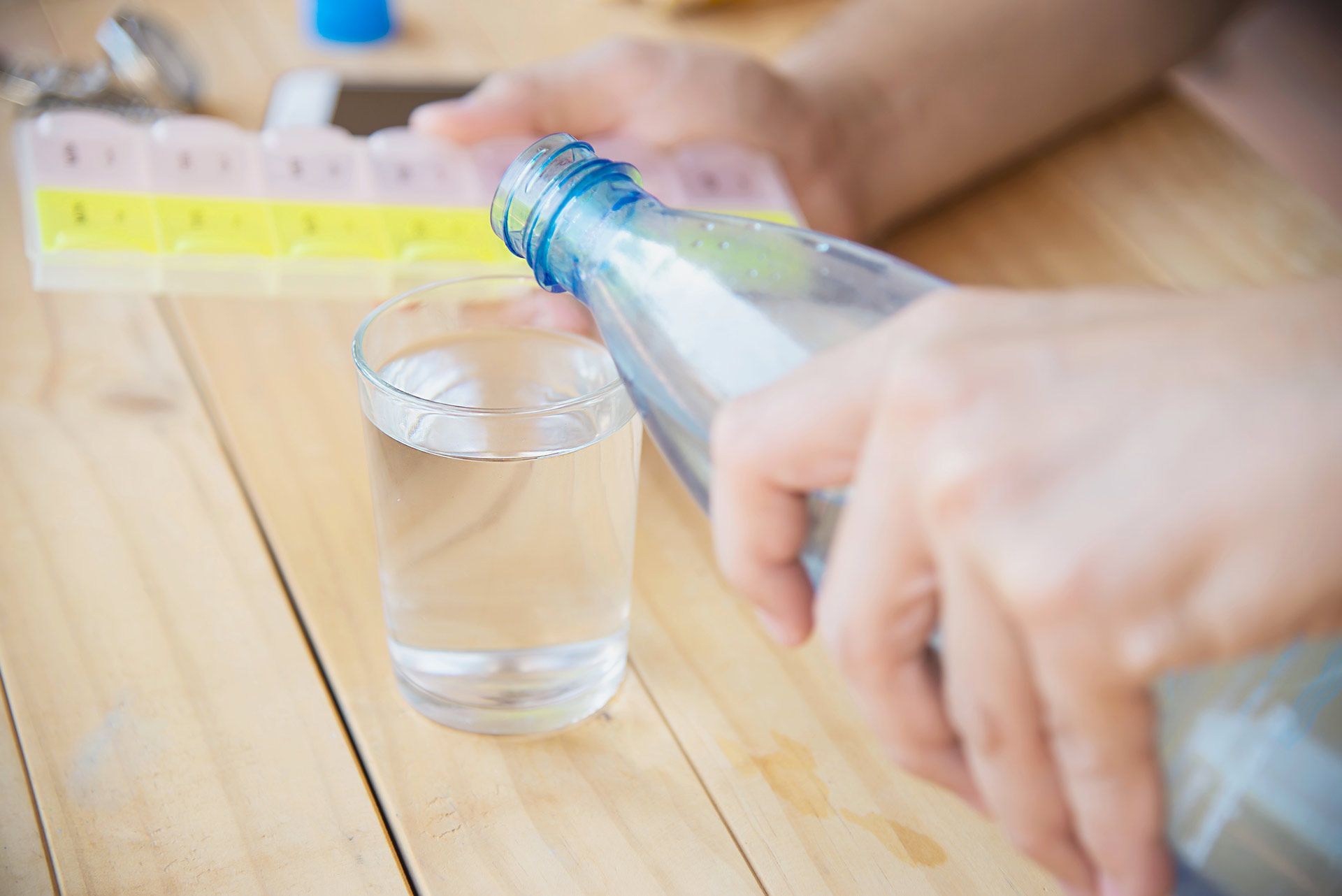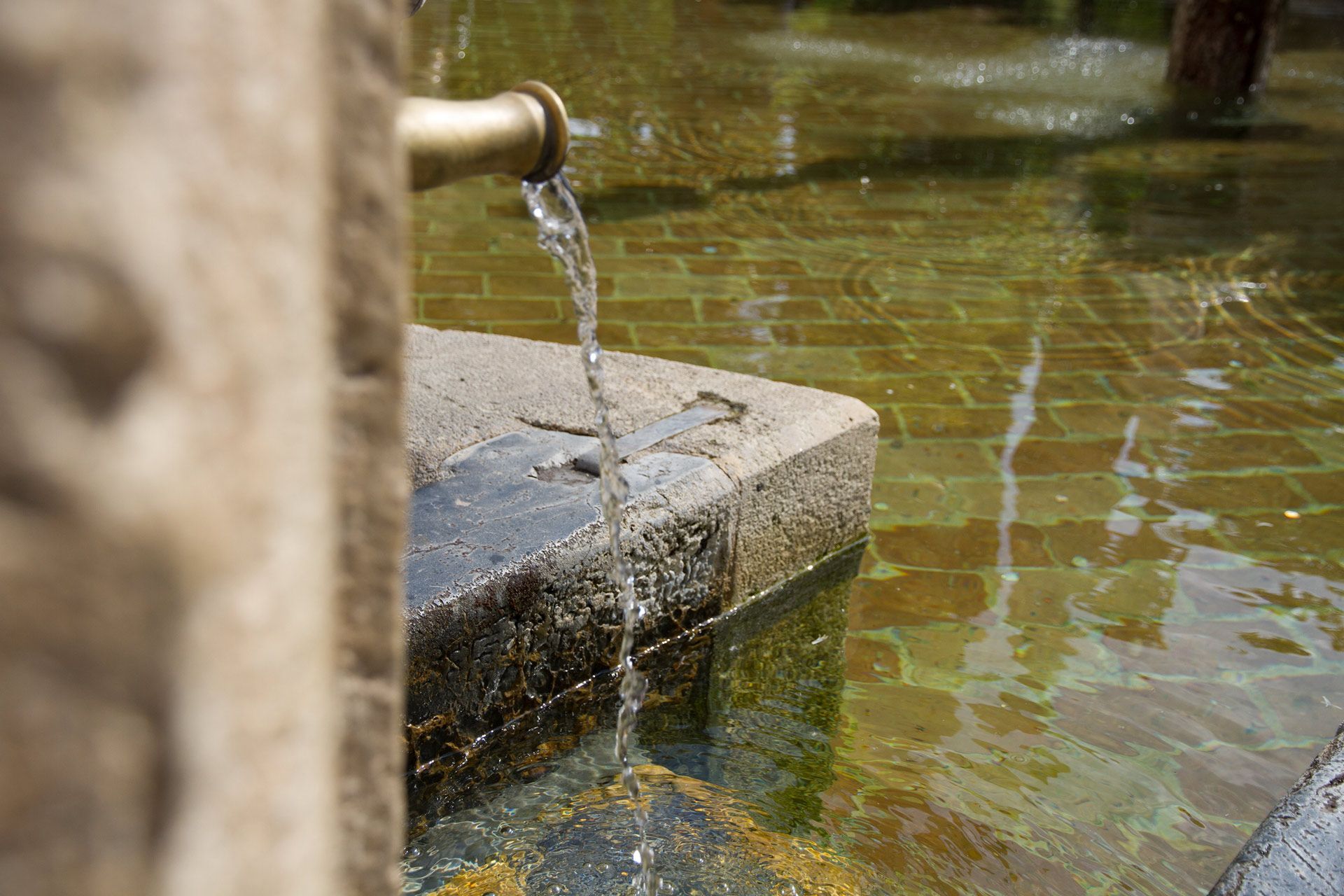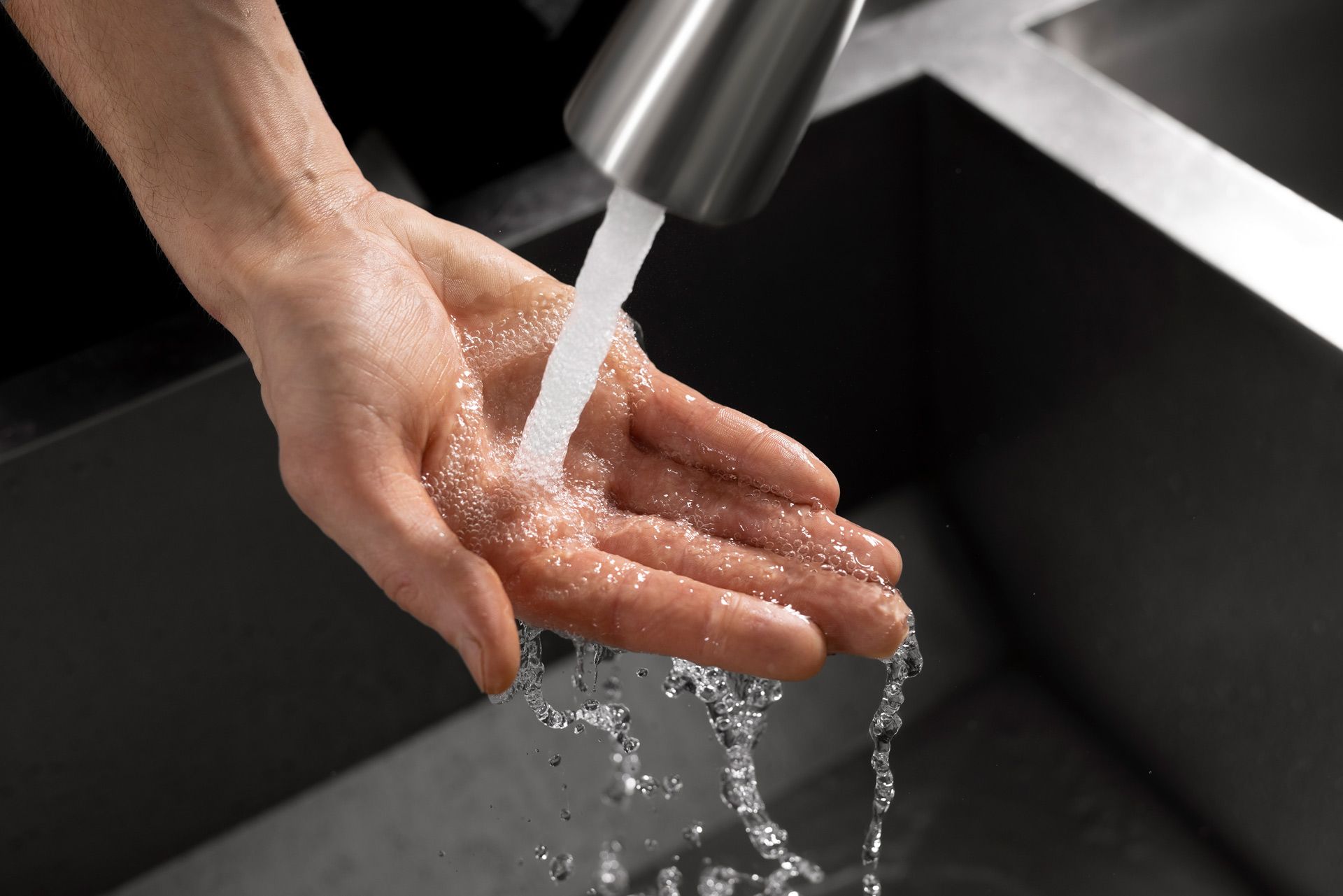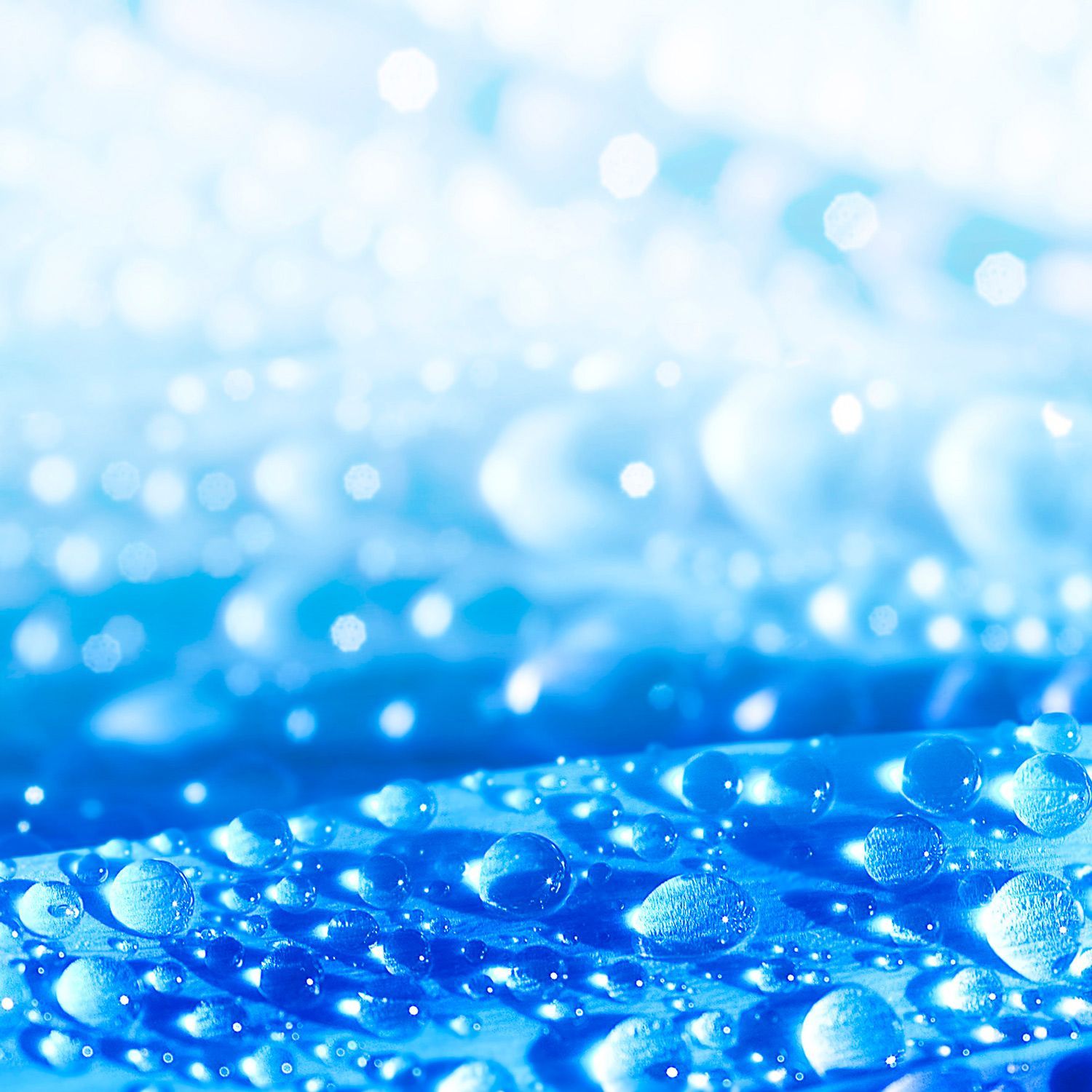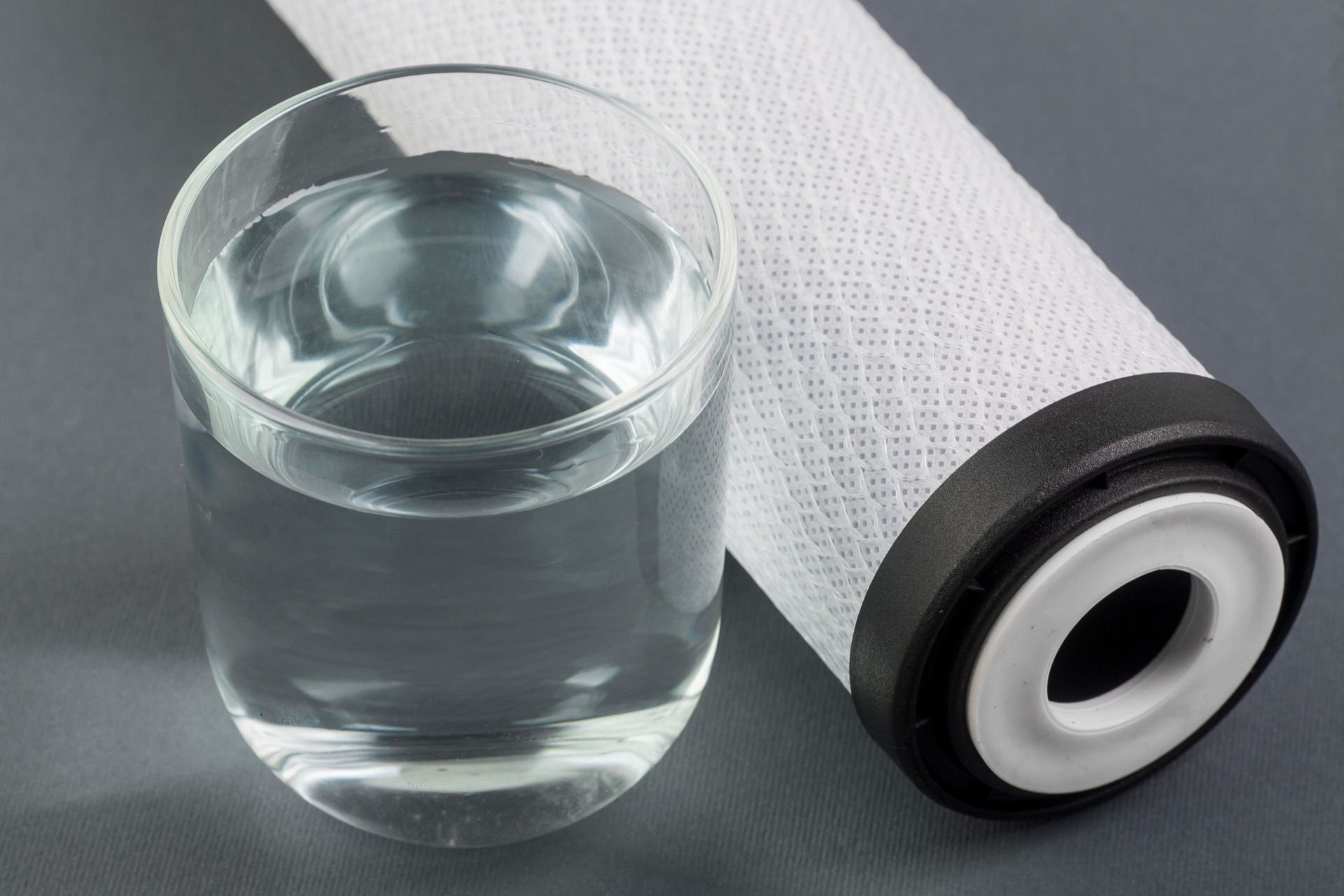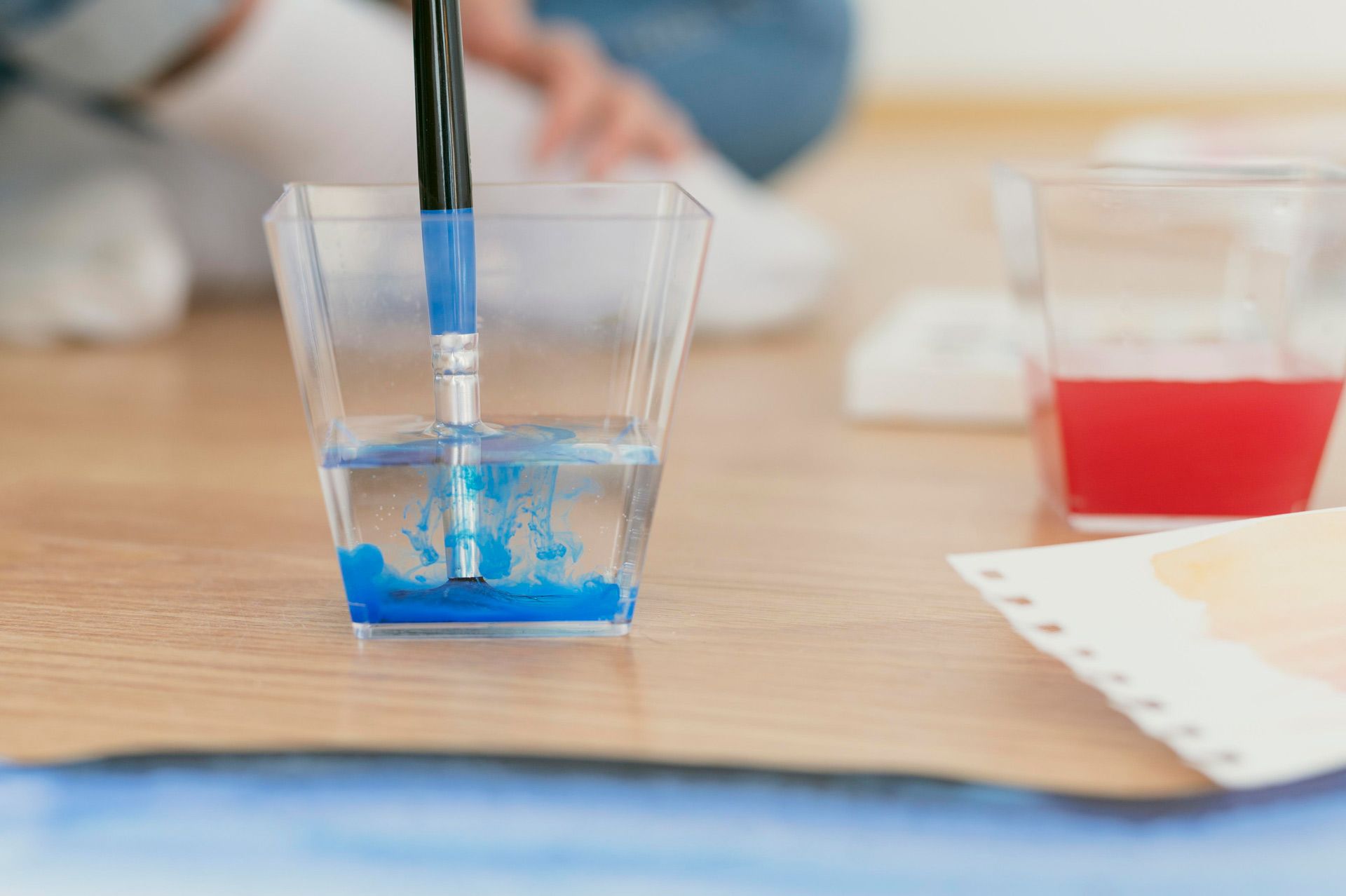How to Tell If You Have Hard Water in Carmel and What To Do About It
September 1, 2025
Introduction
Imagine this: every time you wash a glass, you notice cloudy spots. Your faucets have chalky buildup, and your skin feels dry even after showering. If you live in Carmel or nearby in Central Indiana, these may not just be annoyances — they could be signs of hard water.
This guide explains what hard water is, how to recognize it, how to confirm it through testing, and the solutions available. By the end, you’ll know what steps to take and when it makes sense to bring in a local water treatment expert.
What Is Hard Water and How It Works
Hard water is water that contains higher than usual concentrations of dissolved minerals, mainly calcium and magnesium. These minerals are picked up as water moves through soil, rock, and plumbing.
Water hardness is measured in grains per gallon (gpg) or parts per million (ppm). Generally, water becomes “hard” at about 7–10 gpg (120–170 ppm).
Why it matters:
- Minerals build up inside pipes, fixtures, and appliances.
- Appliances that use water work harder and wear out faster.
- Soap and detergents are less effective, which means more effort and expense.
How To Recognize Hard Water in Your Home
If you’re unsure whether your home has hard water, here are signs to look for.
Fixtures and surfaces
You may notice white, chalky crust around faucets and shower heads, or limescale on tiles and glass doors. Sometimes you’ll see reddish or brown stains if iron is present.
Laundry and dishes
Clothes and towels may feel stiff or scratchy. Colors fade faster. Dishes and glasses often dry with spots or cloudy film.
Skin and hair
Showering in hard water can leave skin dry or itchy and hair dull or hard to manage. Soap often feels like it doesn’t rinse away fully.
Plumbing and water flow
Over time, hard water can narrow pipes, reduce water pressure, and clog shower heads or aerators. Water heaters and boilers also collect scale that lowers efficiency.
Taste or odor changes
Some homeowners report a metallic taste, a sour smell, or a sulfur-like odor if other minerals are present.
Appliances and energy bills
Dishwashers, washing machines, and hot water heaters wear out faster. Energy bills can climb as water heaters use more power to overcome scale buildup.
How To Confirm Hard Water – Testing and Evaluation
Noticing signs is the first step. To be certain, here are ways to test hardness:
Use a home test kit
Strips or drops can give a quick reading in ppm or gpg. These are inexpensive but less precise.
Get professional testing
A water treatment company can test for hardness and other contaminants like iron, chlorine, or heavy metals. This gives accurate results and tailored recommendations.
Check water reports
Municipal water suppliers often provide water quality reports with hardness levels. For well water, professional testing is especially important.
Observe patterns over time
If spots, scale, or soap issues keep getting worse, that’s another clue that water is harder than average.
What To Do About Hard Water – Solutions
Once you confirm your water is hard, you can choose a treatment option. Each solution has advantages and drawbacks.
Traditional ion-exchange softener
This system swaps out calcium and magnesium with sodium through resin beads and salt. It is the most effective for whole-house treatment and very high hardness levels. Pros include proven performance, while cons include ongoing salt refills and maintenance.
Salt-free or TAC systems
These change how minerals crystallize so they don’t form scale, but they don’t remove minerals. They work well for moderate hardness and homeowners who want low-maintenance options. The downside is that symptoms like soap lather may not fully improve.
Whole-home filtration with iron or mineral removal
These systems target specific minerals like iron or manganese. They are best if you notice staining or odors alongside hardness. They often work alongside a softener for complete treatment.
Point-of-use filters
These are installed on a single faucet or shower. They can help if only part of the home is affected, but they won’t protect pipes or appliances.
Before deciding, consider the level of hardness, whether you have city or well water, and which issues bother you most.
FAQs
What level of hardness is considered “hard”?
Water above about 120 ppm (7 gpg) is moderately hard. Above 180 ppm, it is considered hard.
Is hard water bad for health?
Not usually. Calcium and magnesium are safe to drink. The main concerns are for plumbing, cleaning, and comfort.
How much does a softener cost?
Prices vary depending on home size, usage, and water hardness. In Central Indiana, a whole-house softener with installation may run in the low thousands.
Do I need to maintain the softener or filters?
Yes. Salt-based softeners require regular salt refills and periodic service. Filters need cartridge or media changes.
Are there alternatives to salt-based systems?
Yes. Salt-free systems and filtration can help, though they may not fully solve all problems in homes with very hard water.
Conclusion
Hard water in Carmel and Central Indiana may show up as stains, spots, dry skin, or appliance breakdowns. While not dangerous to health, it can reduce comfort and cost more in the long run.
If you suspect hard water, start by testing it. From there, consider a system that matches your needs — whether that’s a traditional softener, a salt-free system, or specialized filtration. A trusted local water treatment provider can give you precise results and guide you toward the best solution for your home.

